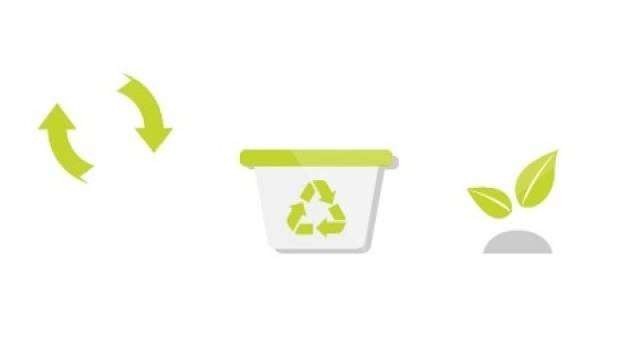European Parliament ITRE Committee backs study by acknowledging and incentivising multiple recycling of permanent materials as part of circular economy package.
The study commissioned by FEVE – the European Container Glass Federation – and carried out by the Italian Research Institute ‘Stazione Sperimentale del Vetro’, confirms that glass is a “permanent material”. That means that once it is produced for the first time, and properly collected and processed at its end of life, a glass container becomes the primary raw material for new and endless production loops without any loss of its intrinsic properties. It is at the heart of a proven and well-functioning Circular Economy as also acknowledged by the EP Industry Research Energy Committee (ITRE) with their vote on the Circular Economy package last week.
“By using recycled glass in a closed loop, the industry significantly reduces the use of other virgin raw materials.” commented Vitaliano Torno, FEVE President. Legislative measures should encourage authentic resource efficiency by focusing on real circular business models that keep the same resources productive in the economy over and over again. “The industry is calling for a recognition of permanent materials, to reduce Europe’s reliance on extractive industries, land use and fossil fuels to produce packaging. We welcome the landmark vote on the Circular Economy Package in the ITRE Committee of the European Parliament, which supports incentives for materials that can be recycled multiple times without losing their intrinsic properties. We hope the ENVI Committee will confirm this important step forward for a truly Circular Economy in Europe”.
The classification as “permanent” material is also conditional to the effective establishment of stewardship measures enabling efficient multiple recycling in all EU countries. This is the case for glass. On average today, 74% of glass containers put on the market are collected and actually recycled into glass bottles and jars. However, the situation varies from country to country and the remaining 26% of glass bottles and jars are still today lost in landfills in Europe.
The EU waste legislation under review in the EU Circular Economy Package should incentivize multiple recycling to provide the industry with good quality and economically viable recycled glass.
The European Container Glass Circular Economy works very well from an economic and social perspective, but above all generates major benefits for the environment: one ton of recycled glass bottles and jars replaces 1.2 tons of sand and other natural resources. As glass melts at lower temperatures than virgin raw materials, its multiple recycling also reduces CO2 emissions and energy consumption. In addition, no chemical substances migrate from glass into food or the environment – no matter how many times it is recycled. Glass shares the classification as a permanent material with other ones – like metals – which do not change their inherent properties.





